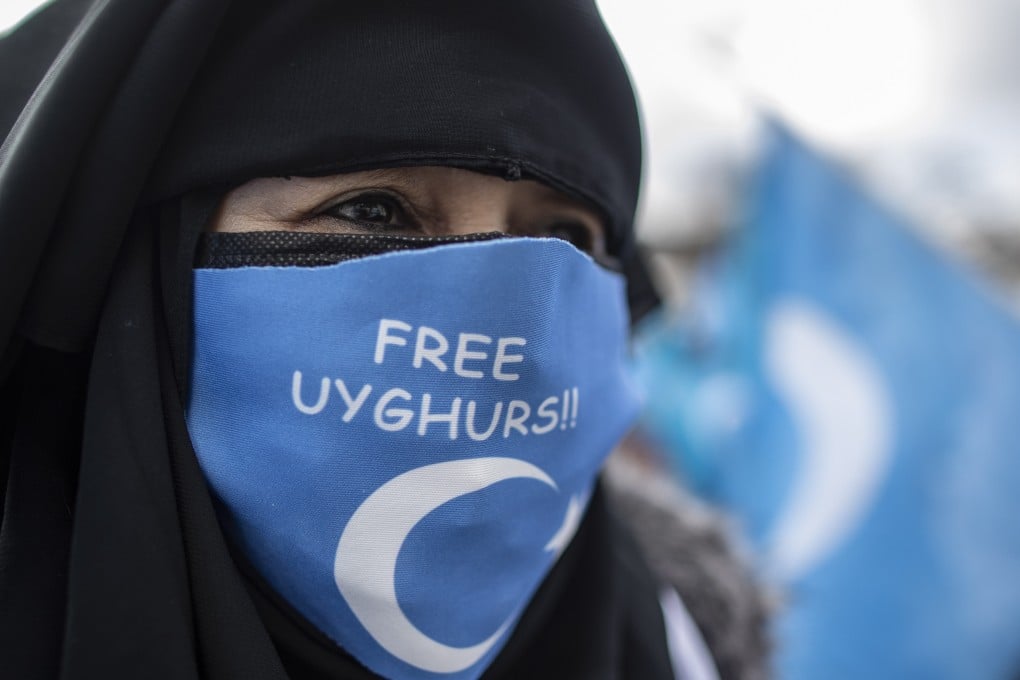China’s treatment of Uygurs meets criteria of United Nations’ Genocide Convention, says think tank report
- The report is a legal analysis of the applicability of the Genocide Convention to Chinese authorities’ actions against the Uygur people
- The analysis draws on public and leaked government statements, individual testimonies and public satellite imagery

Published on Tuesday by Washington-based think tank Newlines Institute for Strategy and Policy, the report marked the first independent legal analysis of the applicability of the Genocide Convention to Chinese authorities’ actions against the Uygur people.
“China’s policies and practices targeting Uygurs in the region must be viewed in their totality, which amounts to an intent to destroy the Uygurs as a group, in whole or in part,” researchers wrote.
The analysis drew on public and leaked government statements, individual testimonies, public satellite imagery and other information to reach its conclusions.

01:09
China denounces Canadian lawmakers for passing motion declaring genocide in Xinjiang
Among the evidence cited to accuse intent were remarks made openly by government officials about Uygurs, including calls by a religious affairs official to “break their lineage, break their roots, break their connections, and break their origins”.